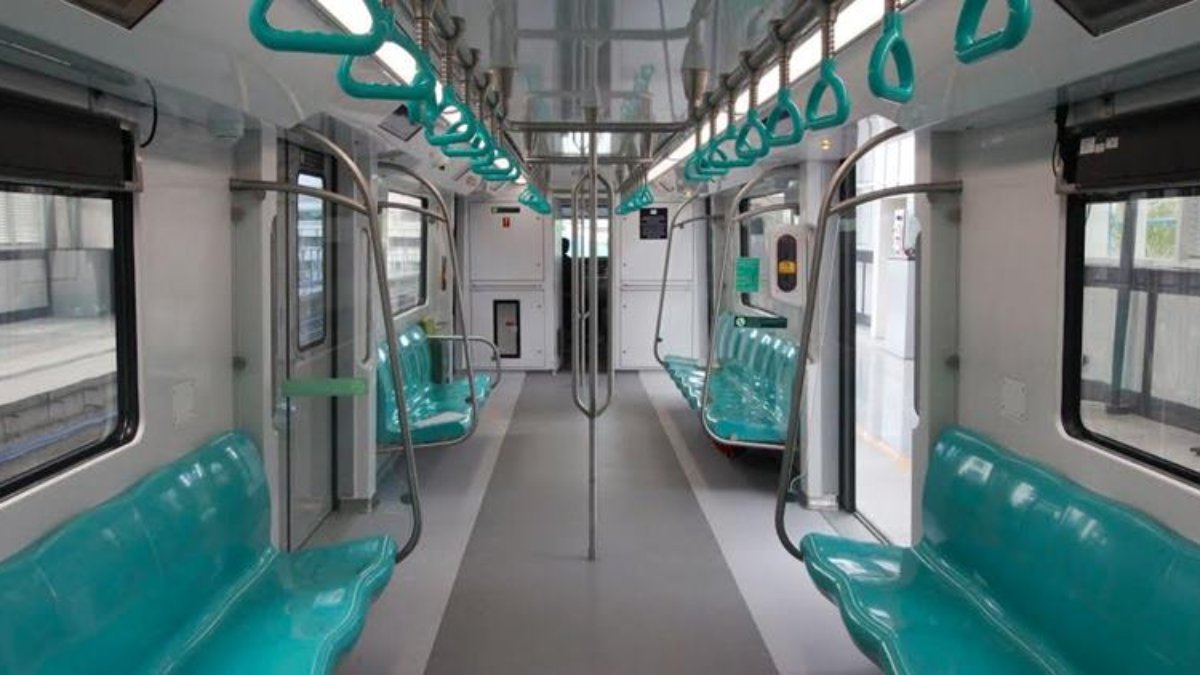
By Alice Hutchins
In India, women are rarely seen outside after dusk. Many of the nation’s women occupy the domestic sphere, residing in the homes, providing the meals and caring for their families. However, this is not the case for the microcosm at the Kochi Metro Station, where a surplus of female operators work, and drive the trains late into the night shift. Women make up about 80% of the 1,300-strong metro workforce, a statistic that is almost unheard of in the history of India, and it was a scheme devised to create better job prospects for the female population.
As well as a higher concentration of staff, the metro also offers at least four stations in which women can enter freely, without tickets, into cubicles in order to breastfeed their babies. The station, whilst being targeted at increasing opportunities and welfare of women, is also the first in Kerala, and indeed across most of India that has specifically targeted transgender women too. Transgender people are often isolated within any community, but this is even more prevalent in India, where long-running traditions and customs are still held strongly within the community.
The Kochi metro included transgender women as an important part of the recruitment process, with the belief that ‘society’s mindset will change only by direct interaction with transgender people.’ Although there have been complications with some of the transgender staff, including hospital requirements throughout the transitioning process and finding accommodation near the expensive metro, just the concepts and foundations that the metro was built upon are some of the most inclusive and progressive across the entire country.
This is true of Kerala as a state within India, it has some of the highest female literacy rates, alongside the lowest maternal and infant mortality, and the people are also campaigning for equal rights that women should be allowed to pray at the Sabarimala temple where they have been denied for decades. Not only is the station innovative in female empowerment, it is also working towards a positive environmental impact. ‘It uses solar power for 35% of its energy needs, and more than 200 of the pillars dotted around the station have been turned into vertical gardens with the use of compost made from municipal waste.’ This ambitious and successful project is one that we should all aim to emulate and spread from the heart of Kerala to the rest of the world.